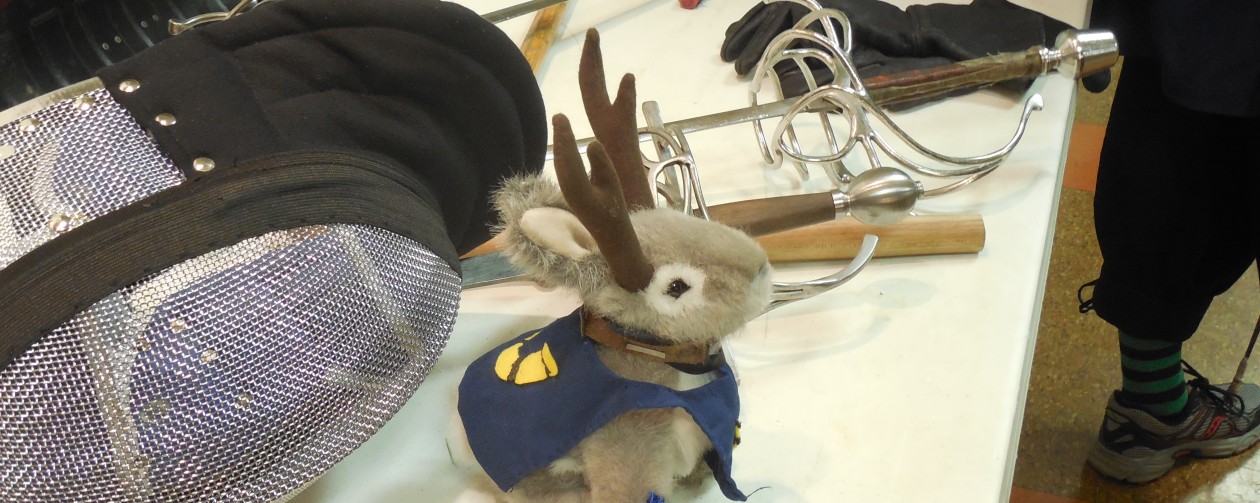For today, One Year Bible Online links here.
We have ears to hear and eyes to see. They were given to us by God in order that we might learn to honour Him.
The earth, along with everything in it, belongs to God. We should treat the things we have accordingly. Let us remember to use everything we have in order to serve God and bring glory to His name. All of the people on the earth are God’s as well. Let us remember that we are not special in being God’s possession and treat others with the love, honour, and respect that they deserve as being God’s people.
The psalmist asks, and answers, who may approach God? Here I prefer the NIV. He tells us that only those who have clean hands and a pure heart, those who do not rely on something other than God, those who do not swear falsely, or by false gods. If we truly seek God, we will allow His Spirit to transform us into such people. His Spirit will cleanse our hands and our hearts. If we trust in Him, He will remove sin from our lives and keep us from sullying our hearts by trusting in that which cannot save us. We cannot enter into God’s presence and truly worship Him until we fully rely on Him.
Once again, I prefer the NIV for this passage. Paul tells us to accept those whose faith is weak. We are not to quarrel over disputable matters, such as whether to observe certain days (Is Christmas really a pagan holiday?), or whether or not it is OK to eat meat (Was this meat dedicated to an idol?). The phrasing chosen by the NIV is important. Other translations use the term argue rather than quarrel. The problem is that arguing can be a logical discussion, laying out the reasons for holding a particular position, and I cannot imagine Paul having a problem with that. It is when arguing becomes quarreling that problems arise. Quarreling is divisive and angry. Quarreling is what happens when we allow our emotions to enter into a disagreement. Paul tells us not to condemn those we disagree with. We are not to hold them in contempt. Ultimately, what each one of us believes is between ourselves and God. God will judge us according to how responsive we are to guidance by His Spirit. If we allow emotions to enter into our arguments (debates) with our fellow believers, we may convince them to change their actions, even though we have not convinced them that such changes are not sinful. Let us not ridicule others so that they change their behavior, even though they still think it is wrong.
There is another clause in what Paul says that is worth noting, he tells us not to quarrel over “disputable matters”. He gives examples of disputable matters (what types of food we eat, what days are holy). It would be helpful if he gave examples of what is not disputable. However, we can get a sense of that from his writings elsewhere: sexual immorality, the importance of faith in Jesus and His death and resurrection, a few other matters. More importantly, if we remember to not let our emotions become entangled in our efforts to convince others (except possibly our concern for them), we will not go far wrong. It is not wrong to disagree, nor to discuss our disagreements. It is wrong to condemn our fellow believers because they disagree with us. Let us seek to allow the love God has for each person influence the way we approach those we disagree with.
When Ahaz’s son, Hezekiah, became king, the first thing he did was reopen the Temple of God for worship. He summoned the priests and Levites and instructed them to purify themselves and then purify the Temple. They were to remove everything that was defiled from the Temple, all of the implements of pagan worship. It took them sixteen days to cleanse and purify the Temple. When this was done, Hezekiah called the people of Judah to rededicate and reconsecrate themselves to God. The people responded to his call with such fervor that the priests were overwhelmed trying to keep up.
Let us remember that Jesus has made our bodies the Temple of God. Let us purify our bodies and consecrate ourselves to serving God. Then, when we have done this, let us call on those around us to do the same. Perhaps if we do so, trusting in the Spirit to move them, we will get a response similar to that which Hezekiah got. Perhaps we can get the people of this land to respond to God in such a manner that the Churches are overwhelmed and do not know what to do with the people who come to Him.












